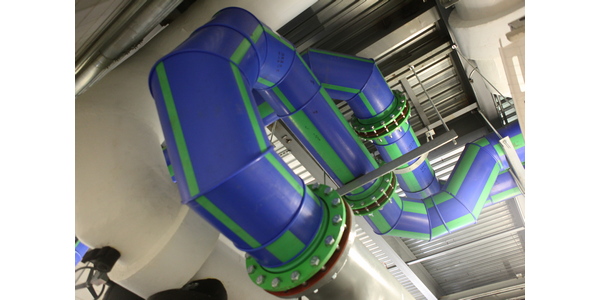IAPMO Announces Commitment to Improve WASH in Healthcare Facilities
The International Association of Plumbing and Mechanical Officials has pledged to work with plumbing industry and NGO partners to advance effective water and sanitation services in healthcare facilities for millions of the world’s poor during a stakeholder commitments gathering hosted by Global Water 2020 and the Global Health Council in Washington, D.C.
“Resolving a Fundamental Challenge to Global Health: Water, Sanitation and Hygiene in Healthcare Facilities” seeks to gather support from a breadth of organizations to help ensure no person, wherever they live, has to receive treatment in a hospital or health clinic without water, soap and toilets.
Across all regions, water, sanitation and hygiene services in healthcare facilities fall short of World Health Organization and national standards. An estimated 896 million people use healthcare facilities with no water service and 1.5 billion use facilities with no sanitation service. Lack of water and sanitation services in healthcare facilities has profound impacts on health. An estimated 15% of patients develop one or more infections during a hospital stay. The risks associated with sepsis are 34 times greater in low-resource settings. Even more troubling is that more than 1 million deaths each year are associated with births in unsanitary conditions, while infections account for 26% of neonatal deaths and 11% of maternal mortality. Lack of access to water and sanitation in healthcare facilities may significantly compromise safe birth and cause delays in seeking care.
More than 70 NGOs, governments, financial institutions, corporations, universities and healthcare delivery organizations are joining together to announce in excess of $100 million in commitments, as well as services and expertise in the form of advocacy, training and technical guidance, project monitoring and evaluation and donations of products, to answer the call to action to establish and maintain WASH services at every healthcare facility in the world.
For more information, visit www.washinhcf.org.


